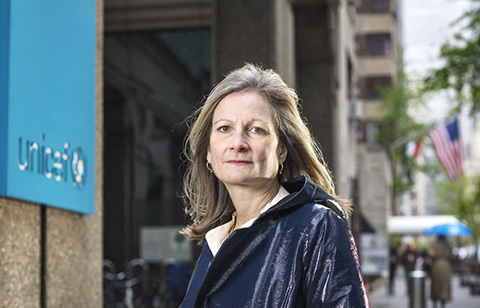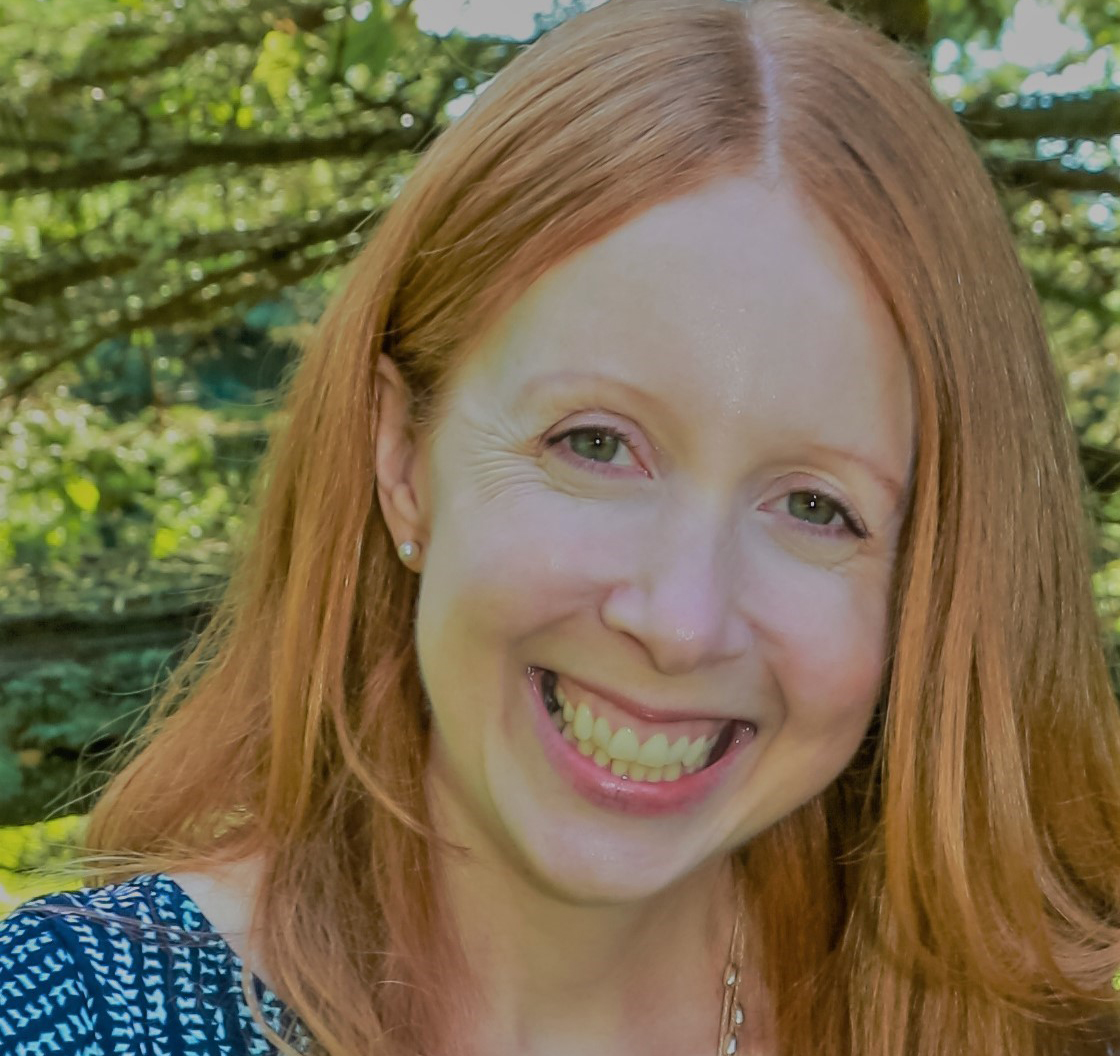Susan Bissell (BA 1987 Trinity, MA 1989) had studied how violent conflict affects children before working in Sri Lanka with UNICEF in the early 1990s. But nothing prepared her for what she saw in the country ravaged by civil war.
“It was devastating to witness how cruelly children were treated in the context of war,” says Bissell, whose prior knowledge came from her master’s research at U of T on children in Mozambique’s civil war, as well as a stint in UNICEF’s New York office.
The brutal physical danger for young people in Sri Lanka’s conflict was obvious, but Bissell also came to a deeper understanding of war’s devastating side-effects of trauma, abuse and neglect in children. She vividly remembers a boy there with cerebral palsy who was kept locked in a shed. His parents did not know what to do with him, and the war prevented support workers from reaching him.
This close-up view of suffering in Sri Lanka only strengthened her resolve to work on the front lines. “I knew that if I could be on the side of something that was going to help alleviate these children’s pain, that was the life I wanted,” she says.
Last fall, after more than 25 years with UNICEF, Bissell became the founding director of an unprecedented project aimed at protecting children worldwide: The Global Partnership to End Violence Against Children, which includes UNICEF, the World Bank, the World Health Organization and many NGOs dedicated to the cause.
“It sounds daunting, but violence against children is preventable,” she says. With an estimated one billion children experiencing violence each year – either physical or emotional – the partnership brings together child protection experts with policy-makers worldwide to convince them that the problem requires urgent attention and funding.
For over a year, specialists in children’s social welfare, labour, justice, health and education have gathered the best strategies to prevent violence against children. (Bissell says “social norm reform” – working from within communities to change attitudes toward practices such as child marriage – can be the most powerful.) Indonesia, Mexico, Sweden and Tanzania are taking the lead in implementing the strategies.
Bissell has been frustrated by the lack of financial investment in children’s safety throughout her career. “Violence against children is always last on the list. It’s never had the same attention as child survival. But it’s not enough to save children so they can live in the rubble, a brothel or on the street.” From child trafficking and wartime atrocities to online bullying, the project will address all types of harm experienced by children in high- and low-income countries.
Bissell’s first foray into humanitarian work was in sixth grade, when she organized a fundraising walk around – and around – her three-room school in Whitby, Ontario, for an anti-poverty charity. At U of T, she helped launch Trinity’s Student Refugee Program. Before being appointed UNICEF’s global Chief of Child Protection in 2009, Bissell held UNICEF placements in Bangladesh and India. “Violence against children does not have to be a fact of life,” she says. “We all have the capacity to keep children safe.”
Watch: Bissell talks about the UNICEF initiative to end violence against children
Recent Posts
For Greener Buildings, We Need to Rethink How We Construct Them
To meet its pledge to be carbon neutral by 2050, Canada needs to cut emissions from the construction industry. Architecture prof Kelly Doran has ideas
U of T’s 197th Birthday Quiz
Test your knowledge of all things U of T in honour of the university’s 197th anniversary on March 15!
Are Cold Plunges Good for You?
Research suggests they are, in three ways





